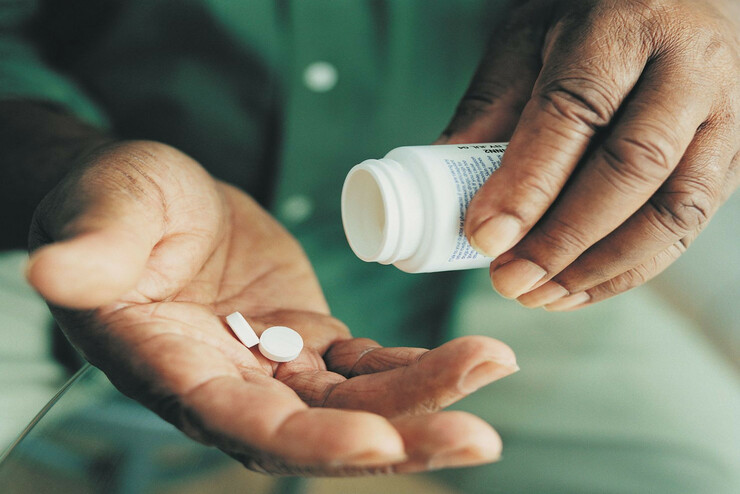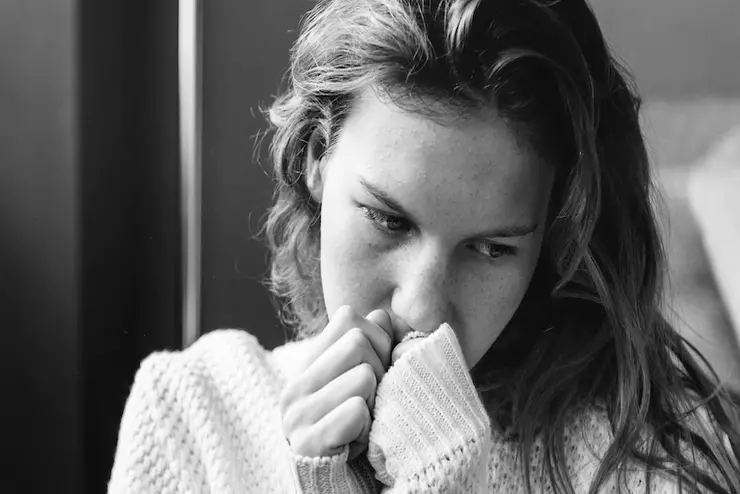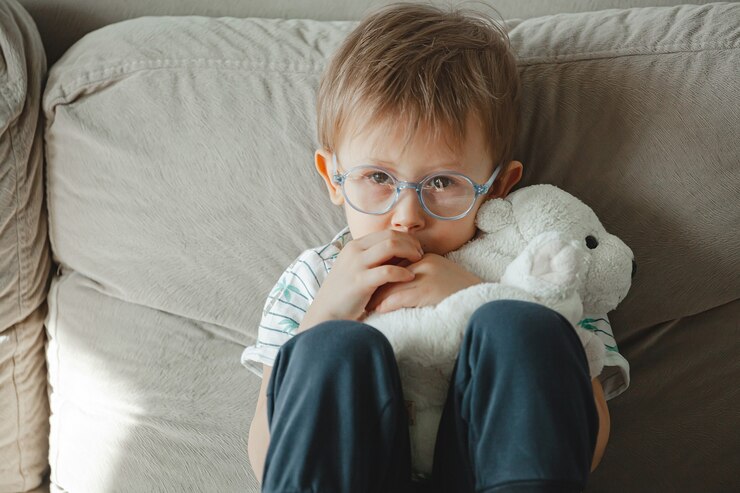Depression

What is depression?
One of the most prevalent mental health diseases is depression, which frequently co-occurs with anxiety. Depression can range from moderate and brief to severe and persistent. While some people may only experience depression once, others may do it several times. Suicide can result from depression, but it can be avoided with the right help. It’s critical to understand that there are several ways to support young people who are having suicidal thoughts.What causes depression?
Although everyone can experience depression, the following are typical causes and risk factors:
– Genetics
– Neuroticism
– Traumatic experiences in life, particularly while young
– Extreme or persistent stress
– Overuse of drugs or alcohol
– Certain drugs, like oral contraceptives
– Enduring a chronic illness
– The presence of a personality disorder
– Obesity
– Unhealthy lifestyle
Because of a job loss, divorce, terminal illness, family death, or another terrible life event, you might experience depression.
What are some of the signs and symptoms of depression?
These signs and symptoms include:
– Depressed almost every day for the majority of the day.
– Much less enjoyment or interest in activities for the majority of the day, almost every day.
– Alterations in appetite leading to weight loss or gain that are unrelated to dieting
– Alterations in sleeping habits
– Energy loss or increased fatigue
– Vacillation or irritability
– A sense of anxiety
– Feelings of inadequacy, dependence, or hopelessness
– Unjustified guilt
– Having trouble focusing, thinking, or making decisions
– Suicide attempts or thoughts of suicide
Depending on the circumstances of life, sadness may come and go, but depression lasts for at least a few weeks. Your child’s relationships, work performance, or academic performance may all suffer as a result. See Dr. Aman for a consultation if you are experiencing depression.
How does my doctor diagnose depression?
During a thorough psychiatric examination, Dr. Aman looks at your child’s symptoms, medical history, and lifestyle choices to determine whether they have depression. He does this by questioning you or your child about their feelings, ideas, and patterns of behavior. To look for further reasons of your child’s symptoms, you can ask their primary care physician to conduct a physical examination and they might prescribe specific blood tests. The depression treatment is then specifically crafted by Dr. Aman to meet your child’s specific needs.
How is depression treated?
To treat depression, Dr. Aman may recommend:
Lifestyle changes
You may take care of your child by having them eat healthily, abstaining from drugs, alcohol, and tobacco, exercising frequently, getting enough rest, and managing stressors.
Therapy
Your child’s depression may be treated by talking to one of our therapists.
Medication management
Your child’s mood and general quality of life may be enhanced by taking specific medications.
To have your child get treated for depression, call the Brightstar Psychiatry office.








